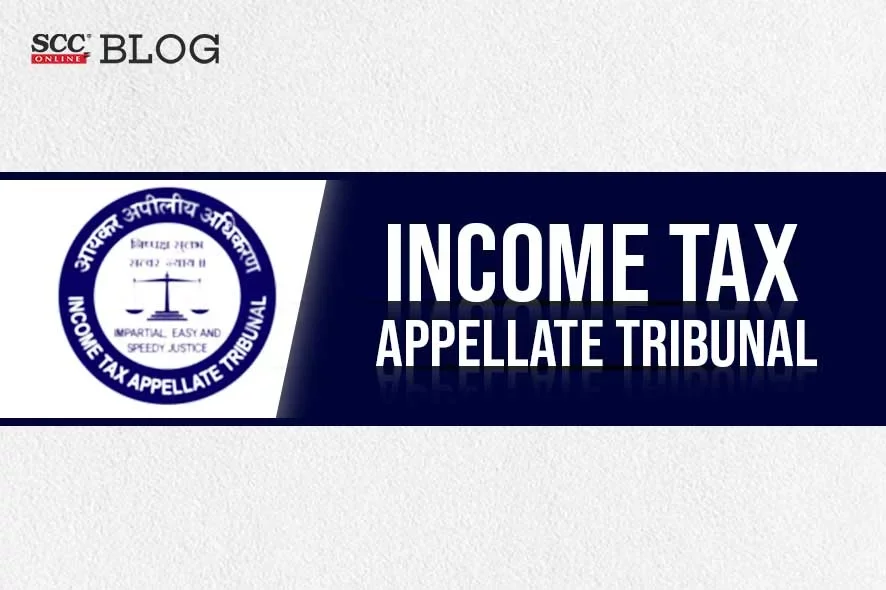Income Tax Appellate Tribunal: In an appeal filed by the assessee against the order of Commissioner of Income Tax (‘CIT'), wherein the CIT upheld the addition made by the Assessing Officer (‘AO'),the two-member Bench of C. M. Garg (Judicial Member) and Dr. B. R. R. Kumar* (Accountant Member) held that the revenue can bring the expenditure incurred in the earlier years to be taxed in the subsequent years, if it is proved that the expenditure incurred was bogus and the revenue can deem the liabilities ceased, as time went, by taking into consideration the period of non-payment of dues and the intention to pay the dues.
Background:
The grounds raised by assessee are:
-
The CIT erred in upholding the disallowance made by AO for non-providing confirmations of outstanding balances of sundry creditors.
-
The CIT erred in upholding disallowance made by AO on account of advances received from customers amounting.
-
The CIT erred in upholding disallowance made by AO on account of car expenses and depreciating amounting to Rs.29 ,729/- by holding the same to be personal expenses.
Assessing Officer has made an addition of Rs.1 ,08,82 ,873/- on account of Sundry Creditors as assessee could not get the confirmation of the parties. Therefore, CIT held it is apparent that liabilities on account of creditors appearing in the books of assessee have ceased to exist, as the parties are not acknowledging their dues from the assessee and, therefore, in view of Explanation 1 to Section 41(1) of the Income Tax Act, 1961, there is cessation of liability by the parties.
Issues:
-
Whether revenue can bring the expenditure incurred in the earlier years to be taxed in the subsequent years?
-
Whether the revenue unilaterally deem the liabilities ceased as time went by?
Analysis:
The Tribunal examined the relevant provisions of the Act and took note of Southern India Plywood Company v. ACIT, ITA No. 180 of 2002, wherein it was held that the AO has a right to inquire about the correctness of the entry shown by the assessee . Even if the AO had accepted the credit entries shown by the assessee for the previous assessing years, there is no prohibition for the AO to call upon the assessee to prove the existence of such credit and to confirm whether the credit shown in the entries are really in existence or not.
Further, it took note of West Asia Exports & Imports (P) Ltd. v. CIT, 2019 SCC OnLine Mad 39029 ,wherein it was held that if an amount is received in course of trading transaction , even though it is not taxable in the year of receipt as being of revenue character , the amount changes its character when the amount becomes the assessee own money because of limitation or by any other statutory or contractual right . When such a thing happens, common sense demands that the amount should be treated as income of the assessee.
The Court also took note of Commissioner of Income-Tax v. Rajasthan Golden Transport Co. (P.) Ltd., 2001 SCC OnLine Del 1481 wherein it was held that the mere fact that some party had unilaterally written back the said amount to profit and loss account did not amount to remission or cessation of liability and therefore, such income could not be treated as assessable under Section 41(1) of the Act. But, where an amount is received in the course of trading transaction, even though it was not taxable in the year of receipt, the amount changes its character when it becomes Assessee’s own money because of its limitation by any such statutory or contractual right and thus, such amount in question has to be treated as Assessee’s income under Section 41(1) of the Income Tax Act.
The Tribunal held that the revenue can bring the expenditure incurred in the earlier years to be taxed in the subsequent years, if it is proved that the expenditure incurred was bogus and the revenue can deem the liabilities ceased, as time went, by taking into consideration the period of non-payment of dues and the intention to pay the dues.
After examining the expenses payable and the detailed order of the CIT, the Tribunal held that he CIT has correctly examined the invoices, period and purpose, for the expenses which have not been paid for the last six years and the expenses which have been incurred for Amit Saree and Rangoli Collection pertaining to financial year 2007-08 and all other expenses, wherein not even a single creditor had demanded the money back nor the assessee made any attempt to repay the same. Hence, the Tribunal declined to interfere with the order of the CIT.
[Pradeep Sawhney v Income Tax Officer, 2023 SCC OnLine ITAT 343, Order dated 12-05-2023]
*Order by: Dr. B. R. R. Kumar (Accountant Member)
Advocates who appeared in this case :
Assessee by: Advocate Gautam Jain
Revenue by: Sr. DR Kanv Bali







